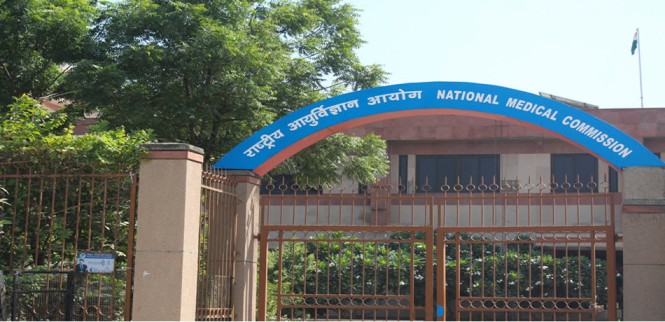To address and include LGBTQIA+ issues, NMC will revise its Medical Curriculum


To make the curriculum more accepting of the LGBTQ+ community, the National Medical Commission (NMC), the organisation that oversees medical education, updated two psychiatric modules and six forensic medicine courses.
The changes include omitting "lesbianism" and sodomy from the list of unnatural sexual offences, defining the relationship between voyeurism, exhibitionism, and masochism as sexual fetishes as opposed to mental disorders, and emphasising that the two-finger test for virginity is "unscientific, inhuman, and discriminatory."
Instead of discussions on the medico-legal significance of the hymen, which were still taught in medical courses despite the Supreme Court has declared it to be unconstitutional years ago, the modified virginity test module instructs students on "how to apprise courts about the unscientific basis of these tests if the court orders it."
The modules also examine decriminalising adultery and emphasise the importance of informed consent for sexual activity. Training on conducting an "empathetic/sympathetic" examination and interview of victims will be included in the module for creating a medico-legal report of a victim of a sexual offence.
In psychiatry, the curriculum emphasises studying the range of gender and sexual preferences without classifying them as "psychosexual and gender identity disorders." The pupils will receive instruction on gender dysphoria, sexual dysfunctions, and human sexuality.
It will be required of the students to "show understanding" of topics like myths involving the LGBTQ+ community.
They will receive training on how to discuss sexual orientation, determine gender identity, and provide counselling to both the individual and their family.